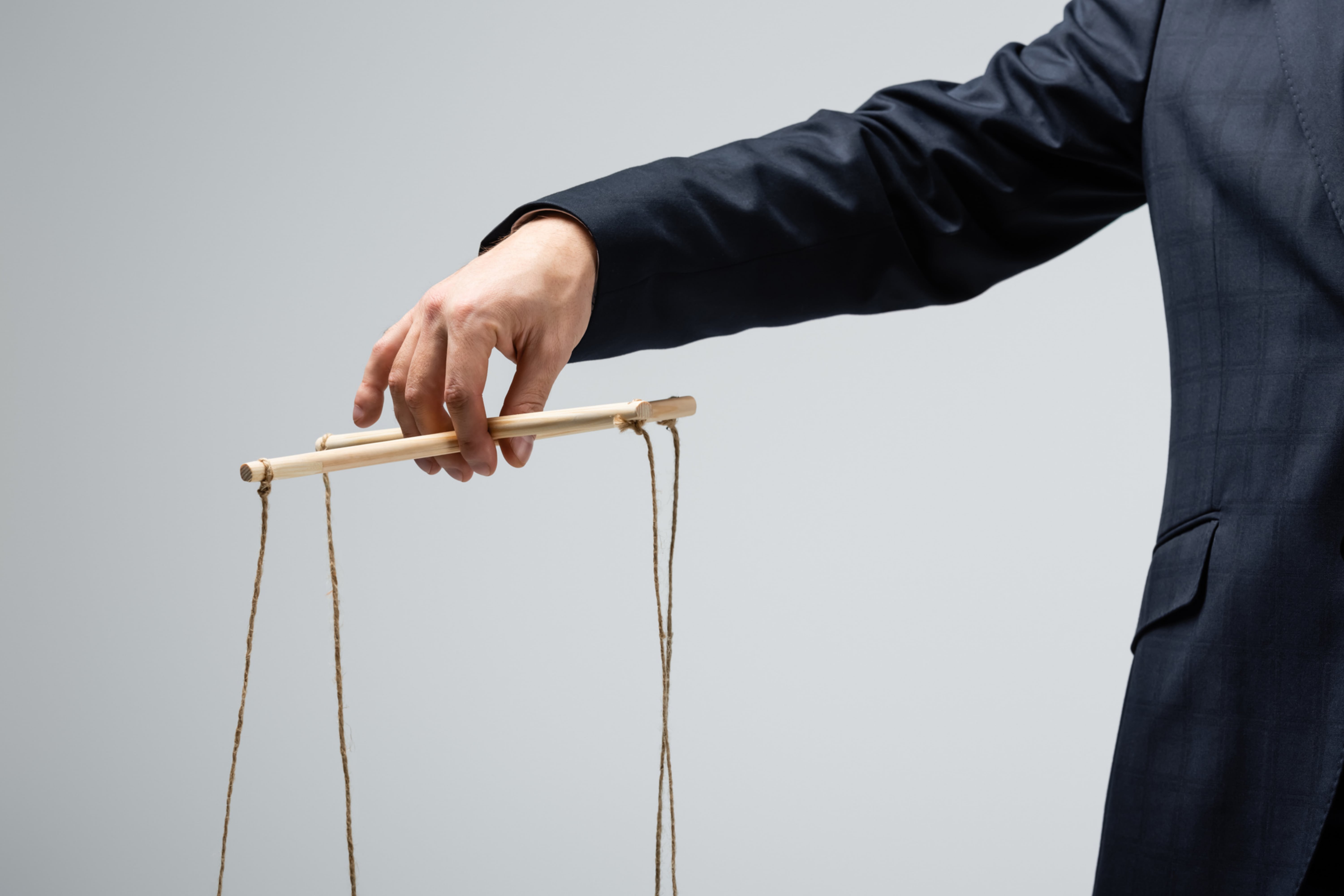In the journey of finding the right partner, we often ignore subtle signs that tell us something isn’t right. These signals, or ‘red flags’, are crucial to recognizing an unhealthy relationship early on, potentially saving us from long-term harm. Knowing these signs is imperative, as toxic relationships can significantly impact our well-being, mentally, emotionally, and sometimes even physically.
This article delves into the subtleties of toxic love and presents 12 red flags to watch out for in a relationship. By understanding and recognizing these signs, you can better navigate the dating terrain and make informed decisions about your romantic partnerships.
1. Extreme Jealousy
Jealousy is natural to some extent in any relationship. However, when it becomes intense and irrational, it can lead to destructive behavior and strain the relationship. Extreme jealousy may manifest through constant accusations, snooping, and unwarranted distrust.
Identifying Extreme Jealousy:
- Consistent Baseless Accusations
- Demanding Access to Personal Devices
- Unjustified Distrust
Research supports that extreme jealousy is often linked to lower self-esteem and higher levels of anxiety.

2. Invasive Control
When a partner seeks to control every aspect of your life, it’s a massive red flag. The relationship, in this case, becomes less about mutual respect and more about dominance and submission.
Signs of Invasive Control:
- Dictating Personal Choices
- Monitoring Communication
- Enforcing Unreasonable Demands
Studies indicate that individuals who feel the need to exert control often do so out of insecurity and fear.
3. Emotional Manipulation
Emotional manipulation is when someone tries to manage the emotions of another person, with the intent to change their behavior in a way that serves the manipulator’s interest.
Recognizing Emotional Manipulation:
- Consistent Guilt Tripping
- Playing the Victim
- Frequent Gaslighting
The manipulation of emotions can have severe, long-lasting effects on the emotional well-being of individuals.
4. Constant Criticism
Constructive criticism is healthy, but incessant and negative criticism is not. Constantly pointing out flaws and mistakes can erode self-esteem and create a toxic environment.
Detecting Constant Criticism:
- Frequent Negative Comments
- Derogatory Remarks
- Belittling Behavior
Extensive research shows that constant criticism can lead to a decrease in self-esteem and an increase in depressive symptoms.
5. Neglect and Silent Treatment
Ignoring a partner’s needs and giving the silent treatment are forms of emotional abuse that can cause significant emotional distress.
Identifying Neglect and Silent Treatment:
- Unresponsiveness to Communication Attempts
- Lack of Emotional Support
- Withholding Affection and Attention
A wealth of research suggests that neglect and silent treatment can lead to feelings of worthlessness and anxiety in the recipient.

6. Lack of Boundaries
Every individual needs a certain amount of privacy and autonomy, even in a committed relationship. When boundaries are disrespected or ignored, it can lead to a feeling of suffocation and a loss of self.
Recognizing Lack of Boundaries:
- Disrespect for Personal Space
- Ignoring Requests for Privacy
- Unwanted Surprises and Visits
Disrespecting boundaries is often associated with a lack of empathy and understanding, and it can lead to serious relational issues.
7. Invalidating Feelings
Everyone’s feelings and experiences are valid and deserve respect. When a partner consistently invalidates or belittles your feelings, it can make you start questioning your own perceptions and experiences.
Signs of Invalidating Feelings:
- Dismissive Remarks
- Minimizing Emotional Experiences
- Mocking or Sarcastic Responses
Research emphasizes that emotional invalidation can lead to mental health issues like anxiety and depression.

8. Substance Abuse
Substance abuse is not only a red flag in relationships but also a serious health concern. It often leads to unpredictable behavior and can create an unsafe environment.
Identifying Substance Abuse:
- Frequent Intoxication
- Neglecting Responsibilities
- Prioritizing Substance Use over Relationship
Substance abuse is related to a variety of relationship issues including increased conflict and decreased satisfaction.
9. Frequent Lying
Honesty is the foundation of any healthy relationship. Frequent lying can erode trust and create a constant sense of insecurity.
Detecting Frequent Lying:
- Inconsistent Stories
- Avoidance of Direct Answers
- Changing Details Frequently
Studies indicate that a pattern of lying can create a toxic, distrustful environment and is often linked to the downfall of relationships.
10. Financial Manipulation
When a partner mismanages, controls, or withholds financial resources, it is a form of abuse known as financial manipulation. It can leave the victim feeling trapped and powerless.
Recognizing Financial Manipulation:
- Controlling Spending
- Withholding Money
- Exploiting for Financial Gain
Research shows that financial manipulation is one of the most powerful means of keeping a partner in a controlling and abusive relationship.

11. Excessive Negativity
A partner who consistently exhibits a negative attitude and pessimism can drain the energy and happiness out of a relationship, making it a toxic environment.
Identifying Excessive Negativity:
- Constant Complaining
- Frequent Pessimistic Comments
- Regularly Anticipating the Worst Outcome
Research suggests that excessive negativity can lead to increased stress and decreased relationship satisfaction for both partners.
12. Aggressive Behavior
Aggression in a relationship, whether verbal, emotional, or physical, is a definite red flag. It can lead to a range of negative outcomes including fear, anxiety, and trauma.
Detecting Aggressive Behavior:
- Frequent Angry Outbursts
- Intimidating or Threatening Behavior
- Physical Violence
Aggressive behavior is closely related to an increased risk of mental health problems and decreased relationship satisfaction and should never be overlooked.
Escaping the Web of Toxicity: A Guide to Navigating Unhealthy Relationships
Navigating a relationship where toxicity is evident can be draining and damaging, requiring both tact and resilience. Understanding how to respond can be the lifeline needed to pull oneself from the web of destructive patterns and seek solace and recovery. Here’s a comprehensive guide on what to do when you identify toxic behavior from your partner.
Identifying the Behavior
Firstly, recognizing toxic behavior is pivotal. It’s important to remain observant, to listen to your instincts, and to assess if a partner’s actions are causing harm, be it emotional, physical, or psychological. Acts of manipulation, excessive control, constant criticism, and aggression are glaring signs of toxicity.
Assessing and acknowledging these behaviors are the initial steps towards addressing them effectively.
Setting Boundaries
Once toxic behavior is identified, it is essential to establish and maintain clear, firm boundaries. Communicate explicitly what is unacceptable and the consequences if those boundaries are breached. It can be challenging, especially when faced with resistance or manipulation, but standing firm is crucial for personal well-being. Setting boundaries is about preserving one’s self-respect and demanding the basic decency that every human deserves.
Seek Support
Encountering toxicity can be isolating. Reach out to trusted friends, family, or a mental health professional who can provide support, perspective, and possibly mediation. Having a support network can significantly alleviate the emotional burden and offer much-needed validation and advice. A professional counselor or therapist can also provide specialized guidance and strategies to handle toxic situations effectively.
Communicate Effectively
Address the concerns clearly and assertively, avoiding blame and focusing on feelings and experiences. Use “I feel” statements to express how specific behaviors impact you, ensuring the conversation remains focused on resolving the issues at hand. Effective communication can sometimes defuse toxicity and lead to mutual understanding and resolution. However, be prepared for the possibility that the partner may not be receptive.
Prioritize Self-Care
In the face of toxicity, self-care becomes even more crucial. Engage in activities that boost mental and emotional well-being, such as exercise, meditation, or pursuing hobbies. Maintaining physical and mental health is key to navigating stressful situations and can provide the strength needed to make rational, balanced decisions.
Educate Yourself
Understanding the dynamics of toxic relationships can empower one to act appropriately. Read books, research articles, or seek online resources on relationship dynamics, manipulation tactics, and psychological well-being. Knowledge can be a powerful tool in recognizing patterns of behavior and determining the best course of action.
Seeking Resolution or Termination
Every effort should be made to resolve issues and foster a healthy relationship environment. However, if toxicity persists, terminating the relationship may be the only viable option. The decision to end a relationship is never easy, but sometimes it’s necessary for personal safety and mental health. Reflect on whether the relationship is conducive to mutual growth and happiness or if it’s a perpetual source of stress and sorrow.
Legal and Professional Advice
In cases of severe toxicity, especially involving abuse, seeking legal counsel and professional advice is paramount. Professional counselors can offer coping strategies, while legal advisors can guide on protective measures and rights. Safety should always be the top priority, and professional assistance can provide the necessary support in extreme situations.
Plan for the Future
Whether the relationship continues or concludes, reflecting on the experience and planning for the future is essential. Learn from the challenges faced and consider what qualities are important in a partner and what warning signs to look out for. Developing a clear understanding of one’s needs, values, and dealbreakers in a relationship can guide future interactions and decisions.
Navigating relationships can be challenging, but being aware of these red flags can be a beacon, guiding you away from toxic love and towards healthy and nurturing partnerships. Prioritize your well-being, maintain healthy boundaries, and choose partners who respect and value you for who you are. Empower yourself with knowledge and trust your instincts in your journey towards meaningful connections.
Your emotional health and happiness are paramount, and you deserve a relationship that enriches your life.
Conclusion
Recognizing red flags is pivotal to avoiding toxic love and fostering healthy relationships. Being mindful of these signs and advocating for healthy communication and mutual respect will help in cultivating positive, fulfilling partnerships. By arming ourselves with knowledge and staying vigilant to these red flags, we can empower ourselves to make wise choices in love and relationships.
Remember, recognizing and addressing these signs early can save you from a lot of pain and distress in the long run. Choose relationships that bring joy, growth, and positivity into your life.
